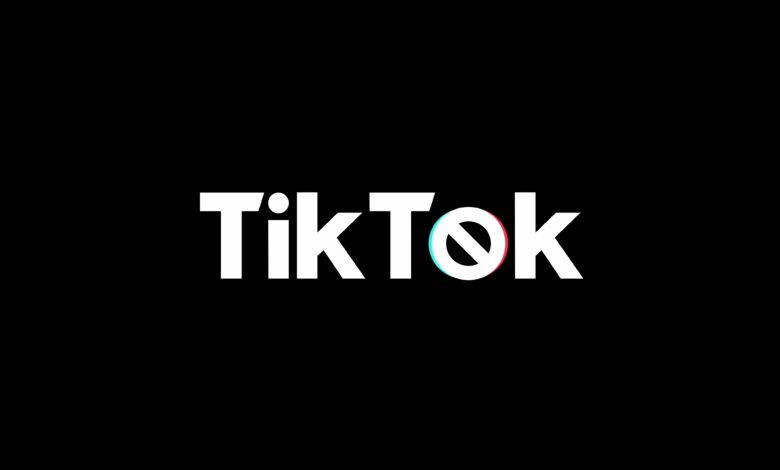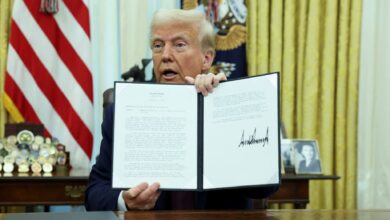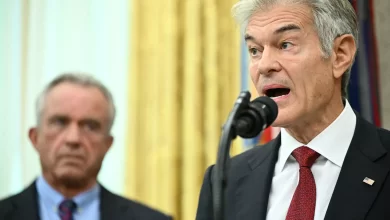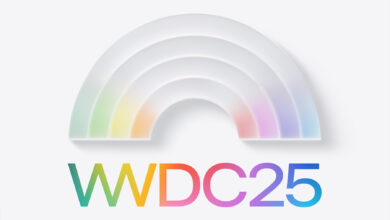House Passes Bill Proposing TikTok Ban, Stirring Legal and Public Debate

In a significant move this Saturday, the U.S. House of Representatives passed a bill that could lead to a ban on TikTok unless its Chinese parent company, ByteDance Ltd., sells its interest within a set timeframe. The legislation, which is now heading to the Senate, proposes a ban if ByteDance does not divest its stake within nine months, extendable by three months if a sale is underway.
This legislative effort was part of a broader foreign aid package, which also includes support for Ukraine and Israel—key priorities for President Joe Biden. This strategic inclusion helped accelerate the bill’s passage, which had previously seen a stall in the Senate. In March, a similar proposal demanding a six-month divestiture period passed the House with strong bipartisan support amid ongoing concerns over national security related to the app’s ownership.
The bill, approved by a decisive 360-58 vote, could face significant legal challenges. ByteDance has hinted at possible litigation to block the ban, arguing that it infringes on the First Amendment rights of the platform’s 170 million American users.
TikTok has vigorously opposed the legislation, encouraging its vast user base to lobby against the move. This has triggered considerable irritation among lawmakers, who are already cautious about perceived threats from China. Few members themselves engage with the platform, which may color their perceptions of its risks and benefits.
TikTok’s CEO, Shou Zi Chew, in a recent video to users, vowed to “continue to do all we can, including exercising our legal rights, to protect this amazing platform.” The direct appeal underscores the company’s commitment to fighting the proposed ban.
The push to regulate TikTok comes as Congress adopts a more assertive stance toward tech companies, breaking from a long history of relatively hands-off governance. Despite past legislative inactivity on issues like children’s online safety and user privacy, the focus has sharpened on TikTok due to bipartisan anxiety about its Chinese ties.
U.S. officials and lawmakers worry that Chinese authorities could compel ByteDance to surrender American user data or manipulate content to serve Chinese interests. TikTok, however, denies these possibilities and maintains that it has never shared U.S. user data with the Chinese government.
Previous legal battles offer TikTok a glimmer of hope. For instance, a Montana ban was overturned last November when a federal judge ruled in favor of TikTok and its content creators. Similarly, an executive order from former President Donald Trump aimed at banning TikTok was blocked by federal courts, citing violations of free speech and due process rights.
The legislative efforts coincide with various state and federal restrictions on TikTok use on government devices. These bans, while contested, have seen some upholding, such as in Texas, where a challenge to the ban at public universities was defeated.
The American Civil Liberties Union and other organizations have rallied to TikTok’s defense, emphasizing the potential infringement on the free speech of millions of Americans and the impact on businesses that leverage the platform.
Amidst this backdrop, TikTok has not only launched a $5 million television advertising campaign to sway public opinion but also mobilized its users to voice their concerns to lawmakers—some of which have turned confrontational.
California Rep. Ro Khanna expressed dissent at the vote, suggesting that there were less extreme measures available that wouldn’t necessitate a full ban, indicating a disconnect between the legislative action and public sentiment.
Read More: Biden anticipates the Iran-Israel conflict, and the U.S. Prepares to Support Israel.
Content creators like Nadya Okamoto, who rely heavily on TikTok for their livelihood, echoed a sentiment of frustration and anxiety about the potential impacts of the legislation. This bill, if enacted, could significantly alter the digital and economic landscape for millions of Americans who engage with the platform daily. As the bill moves to the Senate, the debate is set to intensify, potentially setting the stage for a landmark legal showdown over the future of TikTok in the U.S.















